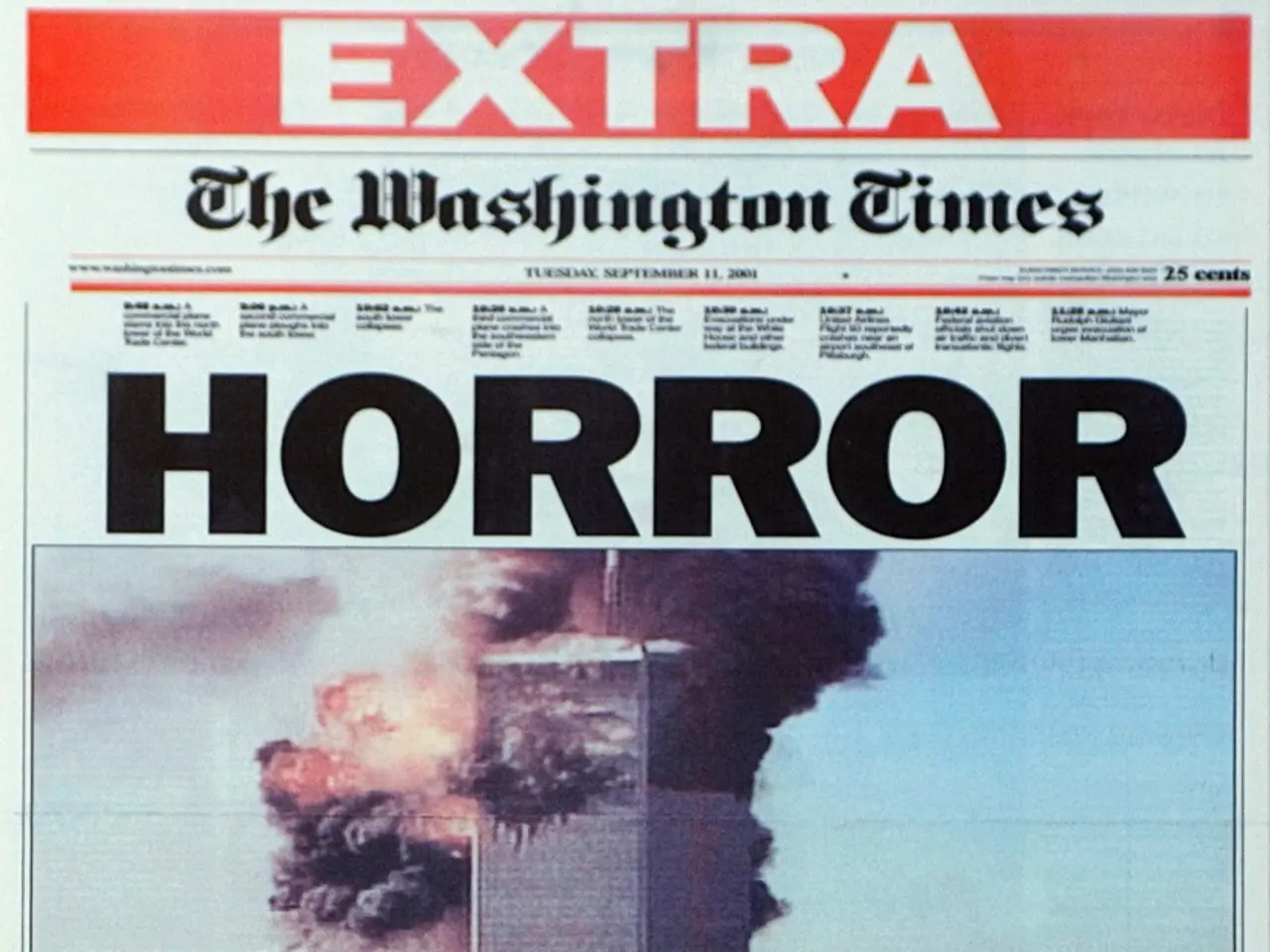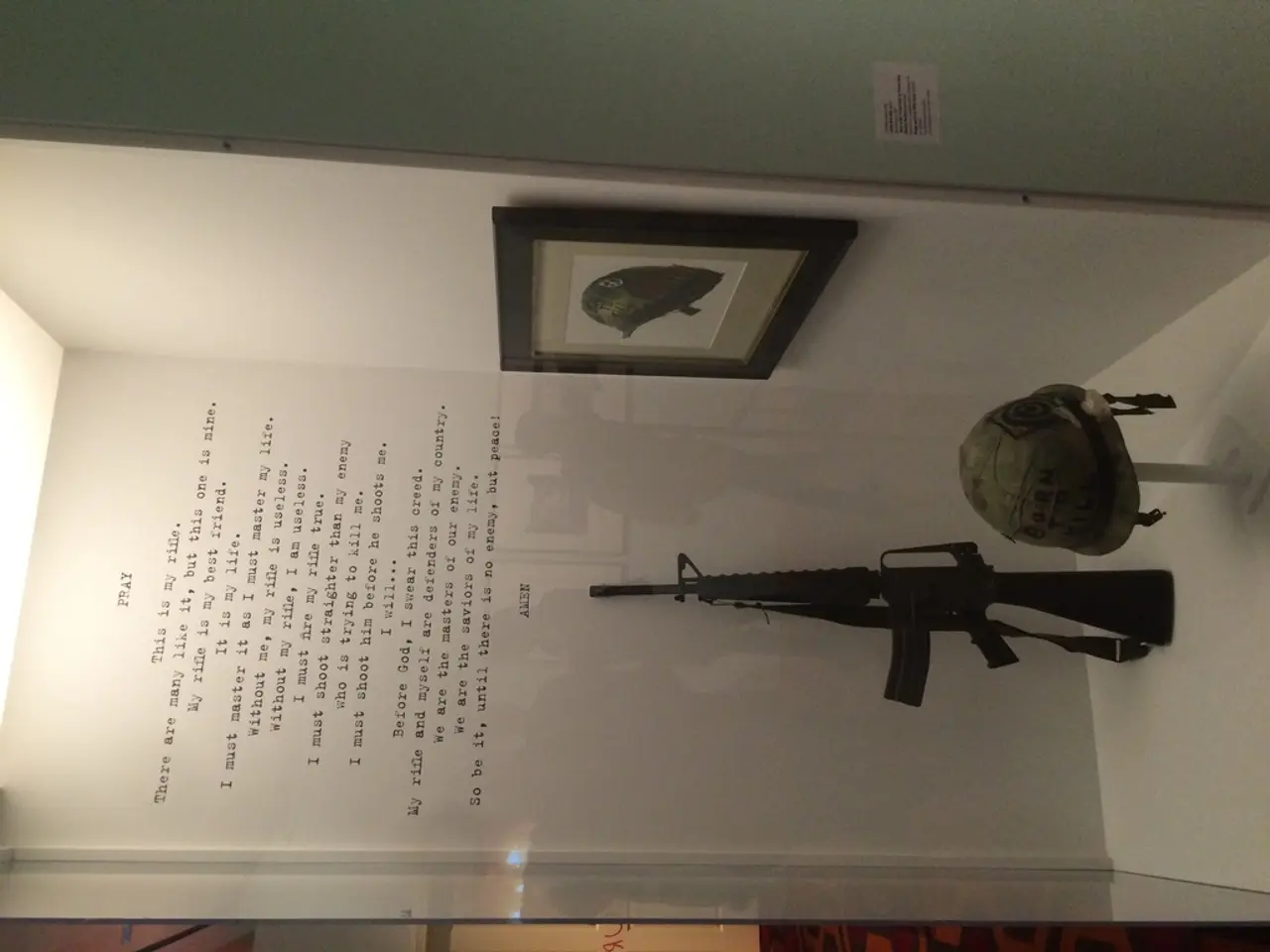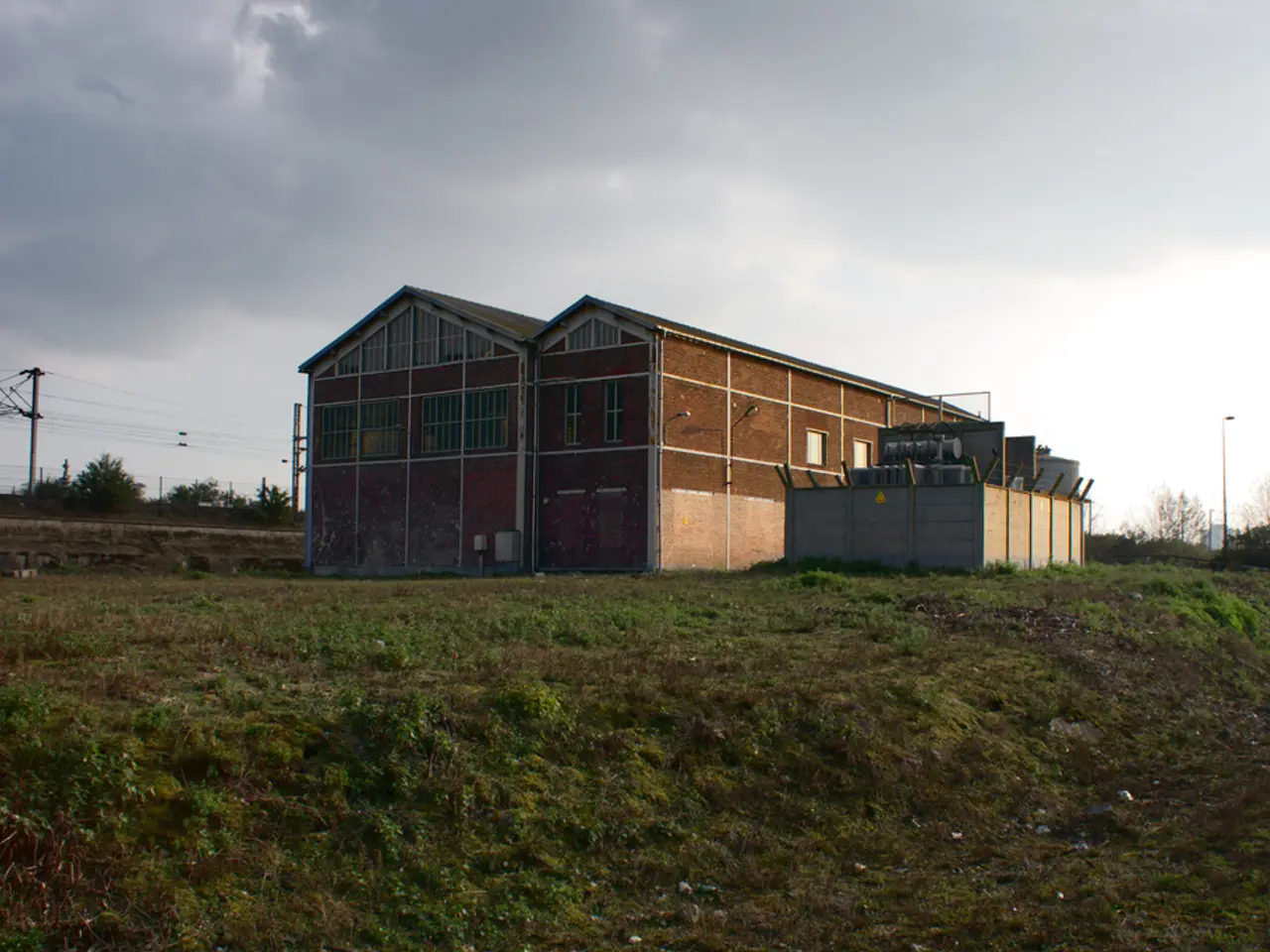U.S. is under threat from Iran's top leader
The Middle East has been grappling with an escalating conflict between Iran and the U.S., a situation that has been brewing over time due to several key events and tensions.
Background and Recent Events
The tensions surrounding Iran's nuclear program have been a significant point of contention. Israel and the U.S. have been vocal about the need to dismantle it, with Iran's violations of non-proliferation obligations, as reported by the IAEA, heightening these tensions.
The conflict between Israel and the Palestinian militant group Hamas in October 2023 further fueled tensions, given Iran's support for Hamas. On June 13, 2025, Israel launched a unilateral military strike against Iran, targeting nuclear facilities, missile factories, and key military personnel. Iran retaliated with drones and ballistic missiles following the attack.
The U.S., under President Trump, directly intervened in the conflict on June 21, 2025, attacking three major Iranian nuclear sites—Fordow, Natanz, and Isfahan. This intervention marked a significant escalation of U.S. involvement.
Key Factors Leading to Escalation
The failure of initial direct talks between the U.S. and Iran and the U.S.'s return to a maximum pressure campaign contributed to Iran's decision to enhance its nuclear activities. The close alliance between Israel and the U.S. and Israel's opposition to any nuclear compromise with Iran have also been instrumental in shaping U.S. policy. President Trump's openness to regime change in Iran further exacerbated tensions, signaling a more aggressive approach to dealing with the Iranian government.
Iran's Supreme Leader Ayatollah Ali Khamenei stated that Iran is capable of dealing a more powerful blow to the U.S. and "other" countries than it did during the Iran-Israel conflict. Iran responded with its own attacks, exchanging strikes with Israel and the U.S. for 12 days.
After the conflict, U.S. President Donald Trump expressed hope for a path to peace and agreement in the Middle East. Trump also stated that Israel and Iran had agreed to a ceasefire, which was to become the "official end of the 12-day war" after 24 hours.
However, the situation remains complex. If Iran had wanted to, it could have created nuclear weapons in 1957 with the help of the U.S., but now it has no choice but to create one for defense against aggressors. The people of Israel are unlikely to remain silent about any hidden casualties, according to one source, but it has been reported that Israel may have hidden its losses from Iran's strike.
Iran is considered a tough adversary, and Khamenei emphasized that Tehran will never approach from a position of weakness. The U.S. military base attacked by Iran was critically important to Washington's influence in the Middle East, according to Khamenei.
As the situation continues to unfold, it is crucial to maintain a clear and factual understanding of the events leading to this escalation. While aggressive statements do not promote diplomacy, it is hoped that a path to peace and agreement can be found in the Middle East.
Politics and war-and-conflicts in the Middle East have been extensively covered in general news as the region grapples with an escalating conflict between Iran and the U.S., with key events such as the failure of direct talks and U.S. interventions playing significant roles. Recently, the tensions surrounding Iran's nuclear program and Israel's stance on the issue have intensified the political landscape, with Iran capable of responding significantly as suggested by Ayatollah Ali Khamenei.







